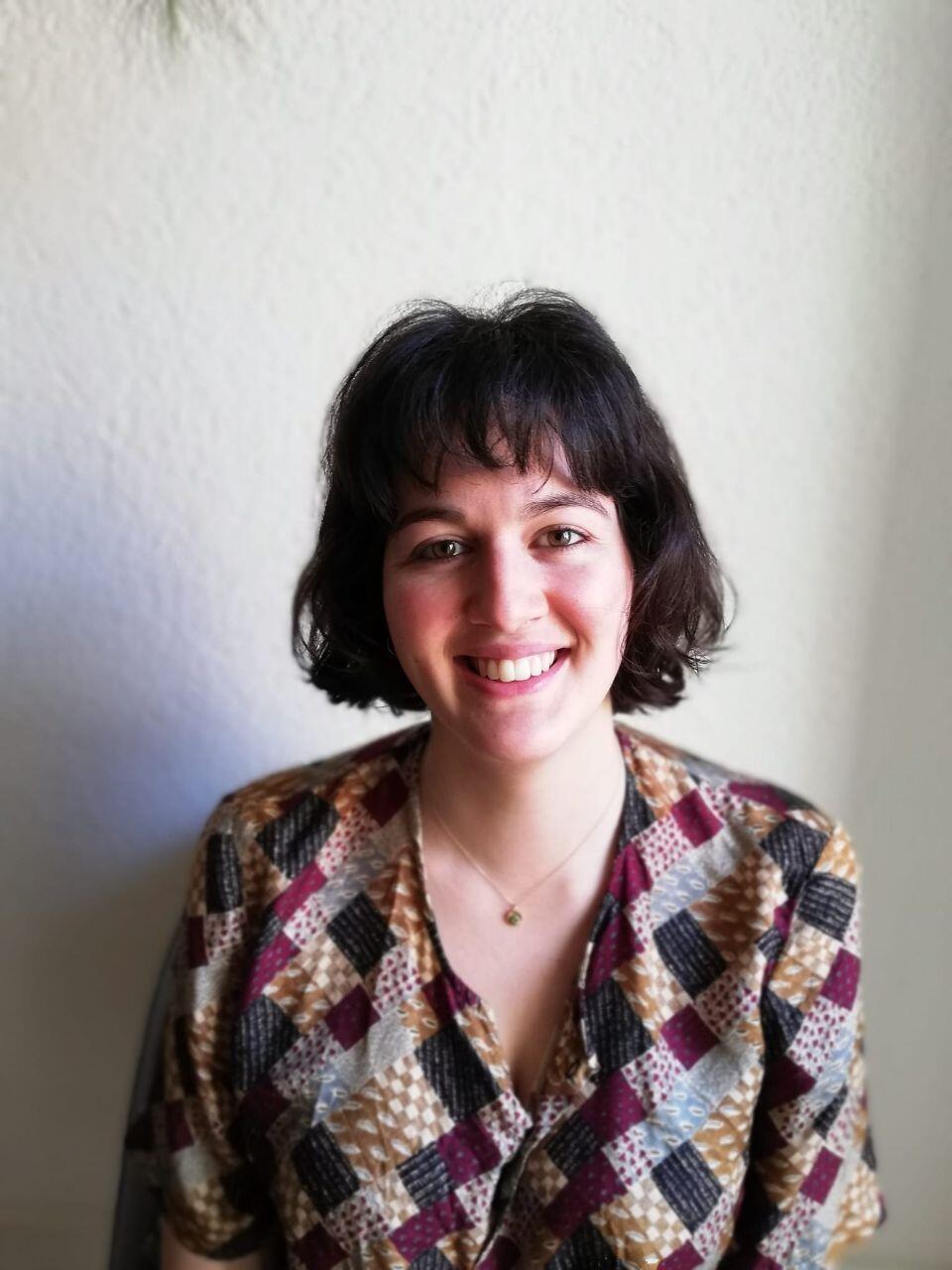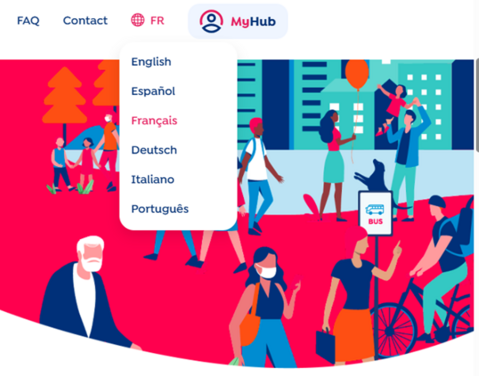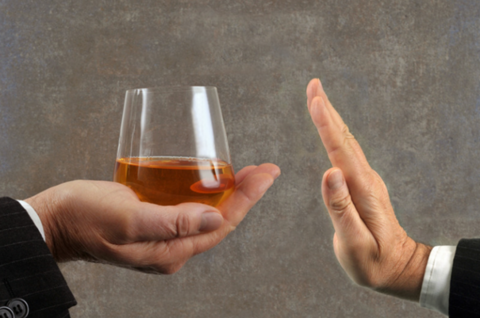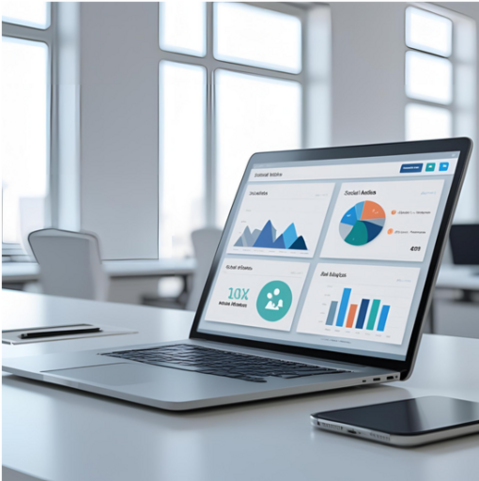Adélie, 10,001st participant in Specchio

More than 10,000 people are now taking part in the Specchio studies on COVID19 in Geneva. To echo this strong collective gesture to advance research, we put a few questions to Adélie, a native of Geneva... and the 10,001st participant in the Specchio-COVID19 studies!
- Dear Adélie, thank you for being part of Specchio-COVID19. When did you join us?
I received a letter offering me to take part in the spring of this year. I had a blood test at the beginning of July, three days after my second dose of vaccine. My antibodies were through the roof: I guess I was a good candidate for your immunity measurements at cantonal level! Although I'm used to answering company surveys, this was the first time I'd taken part in a study that required me to be physically present for a blood test. As someone who frankly doesn't much like them, I was rather lucky: on the day I was pricked, there were only paediatric needles left. It was quick, clear and the nurses were very friendly.
- What motivated you to take part in this study?
I needed to feel active in what was happening. Taking part in these studies is one way of doing that. And as a mathematician, I have no doubts about the usefulness of scientific research. I've already been excluded from neurological studies because I'm left-handed! So for once I'm part of a representative sample that can help science, and I'm happy to be able to give a little of my time. On a more personal note, I haven't yet had any symptoms of COVID-19. As several people in my close circle had contracted it, I was curious to find out if I had developed antibodies. It was a collective motivation, but also a great opportunity to do my own little statistical study around me.
- What do you expect from these studies?
I find it extremely interesting to find out how antibodies develop and how the disease progresses within the population. For example, I was able to read in the newspaper the results of the wave of serological tests I took part in, compared with the one before: it was striking to see how much the collective immunity had increased and to be able to visualise the impact of vaccination compared with natural contamination. For the future, this seems to me to be scientifically essential, particularly for anticipating other pandemic events. I'm convinced of the influence of our lifestyles on climate change, and therefore on the occurrence of other epidemics.
- Do you feel that this period has given you a new awareness of public health?
I followed closely what was happening at political level and also at hospital level. I generally find that in terms of public health, we're pretty well informed. But this crisis has highlighted a lot of malfunctions and societal inequalities, from the working conditions of carers to access to care or education, for example. I think this situation is forcing us to look at all this more head-on. But I regret that we are not taking advantage of it to really transform our societies in depth.
- As a participant, are there any other themes you'd like Specchio to explore?
The pandemic is challenging our system and accelerating a number of digital and relational practices. And I think that studies could help to show the impact that an epidemic has on the more general health of the population in these respects. In fact, I remember the questionnaires on mental health in Specchio. I think that this is a point that was underestimated in the management of the epidemic, that the focus was on purely physical health in the short term. This makes sense, of course, in such an emergency situation. But the studies could help us to understand what we need to manage better to mitigate the impact on mental and societal health in the longer term. Everyone has been affected by the impact on their psychological well-being. I would find it particularly interesting if there were more in-depth epidemiological research on this subject.



